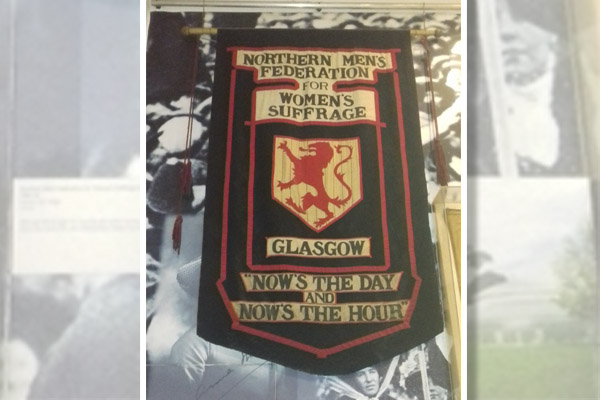Reading Between The Story Submission Guidelines

Hopefully by now you’re aware of our story submission guidelines for unpublished authors.
You can email your story to us here and start your potential journey as a “Friend” author.
If at first you’re unsuccessful, you will get a reply asking you to read our fiction guidelines. What if you’ve done that, but you’re still not entirely sure where you’ve gone wrong?
The points below will help you as we simply don’t have time to critique every story we receive.
We’re here to help. We’ll tell you about the most common “Friend” writing pitfalls and this will give you a better idea of what we’re looking for.
Tone
Sometimes a story can have a tone that we wouldn’t use in the “Friend”. This can mean harsh characters or situations.
Our readers want a satisfying outcome to their fiction, and although we often feature more challenging storylines, there should always be an over-riding feeling of hope and decency.
Too downbeat
Like we say, a challenging storyline is good, but you shouldn’t let your idea develop into something dark or upsetting.
We can have storylines where someone has passed away, but please avoid descriptions of people dying.
World events can feature as a backdrop, but we avoid anything overly political appearing in a story.
Characters
This is a regular stumbling block. Your characters need to be believable and not one-dimensional.
You know the people in your story, but you must bring them to life for the reader. What do they look like? How do they move, what do they wear? Do they have any distinguishing features?
Make them real in what they say too. A lot of times we have stories submitted in which hardly anyone speaks. Dialogue moves the story along and brings it to life.
A personal story
You’ll often be told to write about something you know and that’s great advice, but if you write a story based on something that’s happened to you, it can be easy for it then to read more like a report.
YOU know the story and the people involved, but the reader doesn’t. Again, this brings us back to characterisation.
Predictable
Yes, there are only so many ways you can tell a story, but that’s the wonderful challenge of using your imagination!
We love a happy ending, but it’s all about how your characters get there and the situations and people they encounter along the way.
Clichés
Not everyone over the age of 60 is hopeless with technology/set in their ways/unadventurous/grumpy/lonely etc.
We come across this regularly and it’s simply not true.
Animals’ viewpoint
Please don’t do this. We don’t want stores where it turns out that the narrator is a dog or a cat.
Story lengths
Our story lengths are available here. You can allow 10% above or below these word counts.
We use 4000 word stories in our Specials and then the next higher story length is 9500 for our Cosy Crime stories. We don’t use anything in between.
Genres
It’s easier to tell you what genres we don’t use.
We don’t have children’s stories, though you can have a story told from a junior viewpoint. We don’t want violence or drugs featured in a story submission, and no sci-fi or fantasy stories either.
The best way to gauge the tone and content of a “Friend” story is to read the magazine.
And one last thing . . . trust us! We really do know what we’re doing and we want you to succeed!
Keep an eye on here and on Twitter for the seasons, genres and lengths we’re looking for at any given time.
Don’t give up and keep trying!
For more writing advice from “The People’s Friend”, click here.
Click here to read our updated story Submission Guidelines in full.










